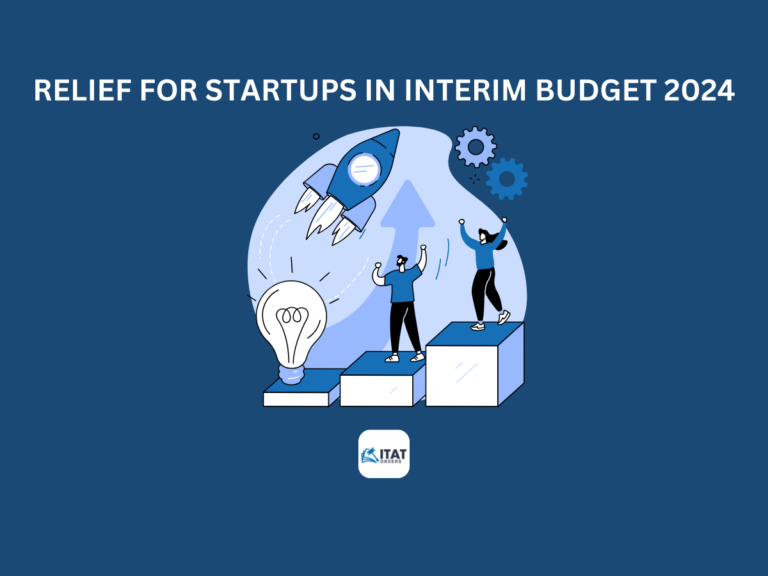Starting a prosperous business is rarely a solo endeavour – most flourishing startups are built on strong partnerships. Whether you’re joining forces with a co-founder, bringing on an investor, or forming a strategic alliance, having a well-crafted partnership agreement is crucial for setting your startup up for long-term success.
As an entrepreneur in India, navigating the intricacies of partnership agreements can be daunting, but it’s an essential step that shouldn’t be overlooked. In this post, we’ll guide you through the key elements to consider when crafting a partnership agreement tailored for the Indian startup ecosystem.
Defining Ownership and Equity Split
One of the primary purposes of a partnership agreement is to establish the ownership structure and equity distribution among the partners. This is a crucial step, as it sets the foundation for decision-making, profit-sharing, and various other aspects of the business.
When determining the equity split, it’s important to consider factors such as each partner’s financial investment, their respective roles and responsibilities, and the value they bring to the table. It’s also wise to leave room for future adjustments, such as vesting schedules or performance-based equity allocations.
Outlining Roles and Responsibilities
A well-crafted partnership agreement should clearly define the roles and responsibilities of each partner. This helps to avoid confusion, conflicts, and misunderstandings down the line. Clearly delineate the decision-making authority, management responsibilities, and key deliverables for each partner.
In the Indian startup landscape, it’s particularly important to address issues such as conflict resolution, non-compete clauses, and exit strategies within the partnership agreement. This helps to ensure that the partnership remains harmonious and that the business can continue to flourish even if one partner decides to leave.
Addressing Funding and Finances
The partnership agreement should also cover the financial aspects of the business, including initial and future funding, revenue sharing, and profit distribution. Outline the capital contributions from each partner, as well as any planned fundraising activities or investment rounds.
Additionally, establish clear guidelines for financial reporting, accounting practices, and the handling of business expenses. This ensures transparency and helps to prevent disputes over financial matters.
Defining Decision-Making and Dispute Resolution
The partnership agreement should outline the decision-making process, including the voting rights and decision-making authority of each partner. This is particularly important for startups with multiple co-founders or investors, as it helps to prevent deadlocks and ensures that the business can move forward efficiently.
Furthermore, the agreement should include a clear dispute resolution mechanism, such as mediation or arbitration, to help resolve any conflicts that may arise between the partners. This helps to maintain the stability and continuity of the business, even in the face of disagreements.
Conclusion
Creating a comprehensive partnership agreement is crucial for startups in India. By addressing key elements like ownership, roles, finances, and decision-making, you can establish a strong foundation for your partnership. A well-crafted agreement is a strategic tool to traverse the challenges of the Indian startup ecosystem. Remember, taking the time to carefully document your partnership terms will support the long-term growth and sustainability of your business. At itatorders.in, our team of legal and business experts can work with you to craft a customized partnership agreement personalized to your startup’s unique needs. Contact us today to learn how we can help you build a thriving partnership for your startup.









